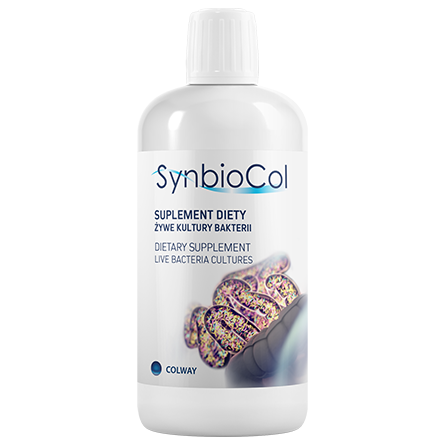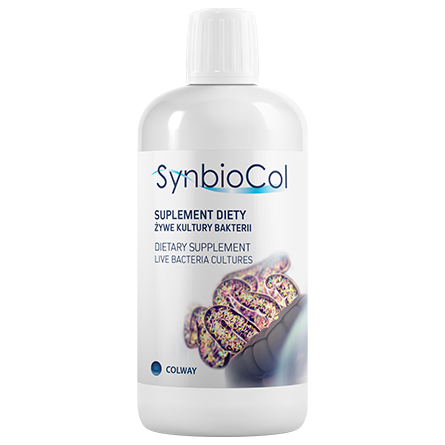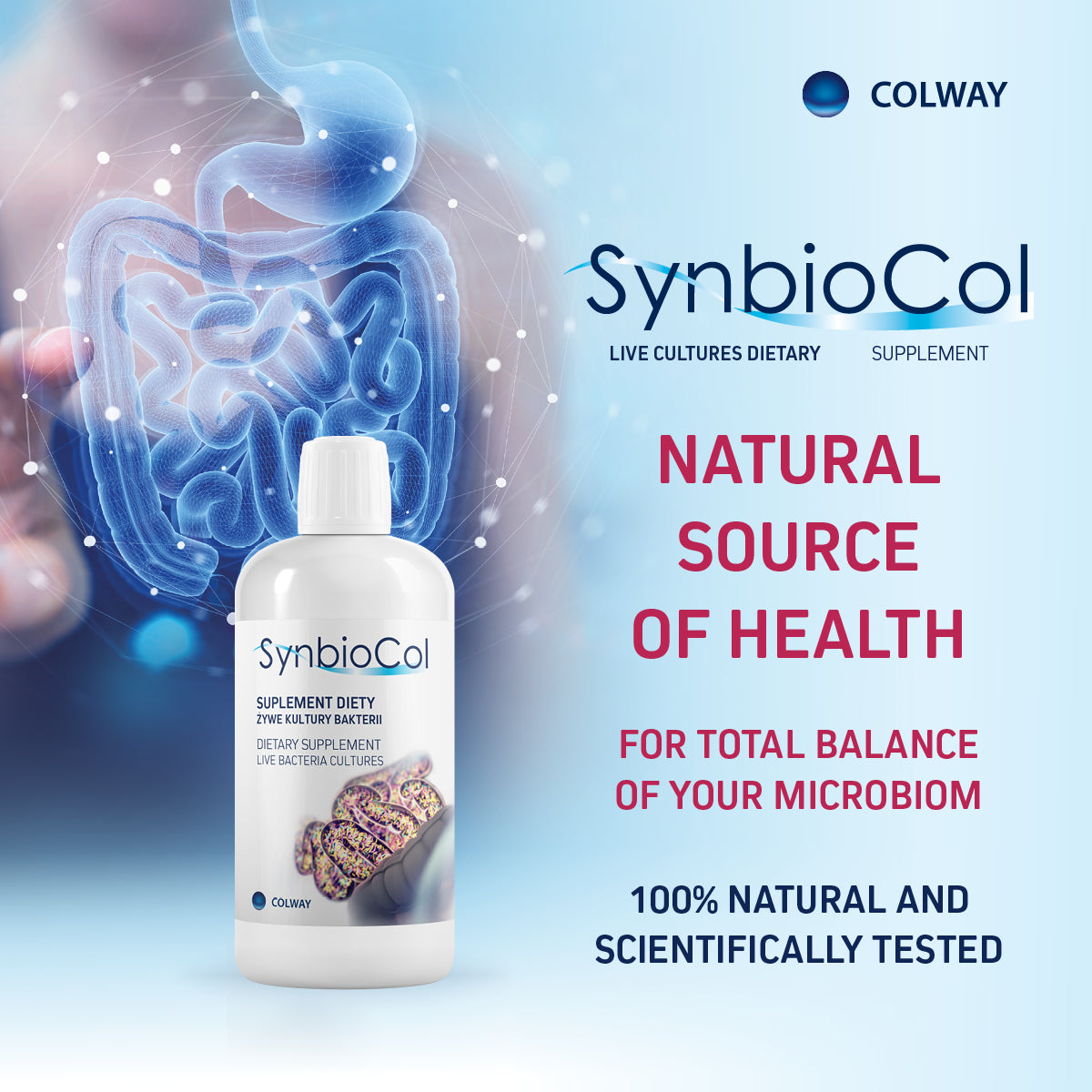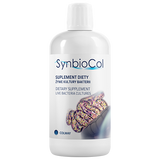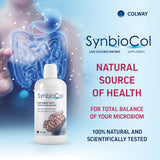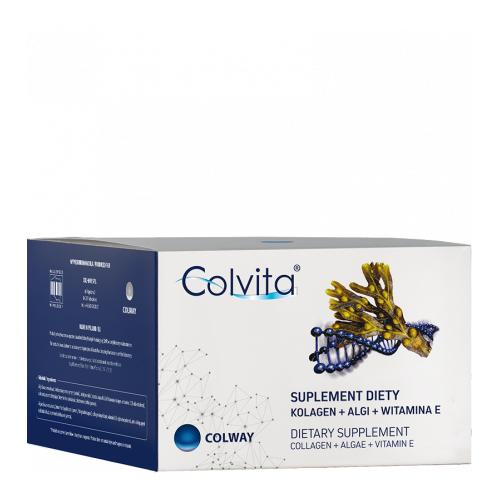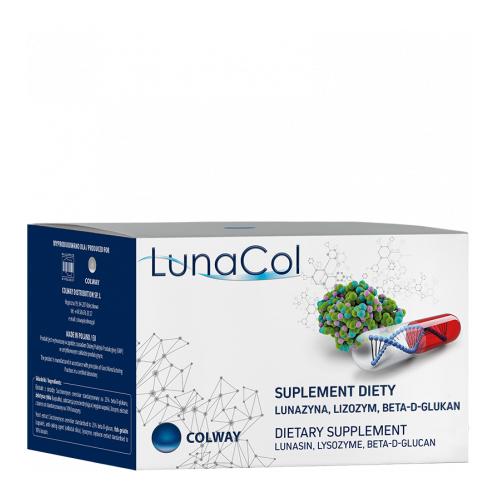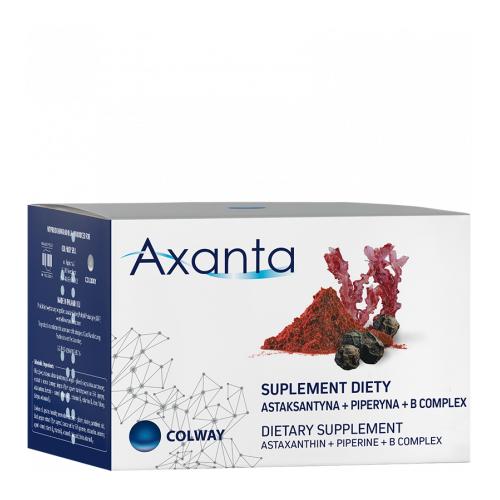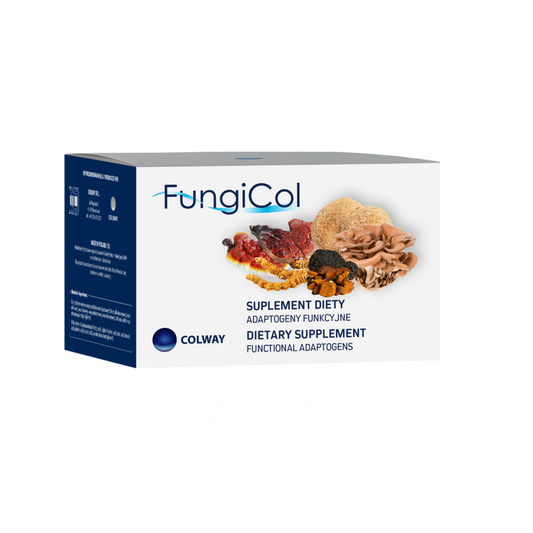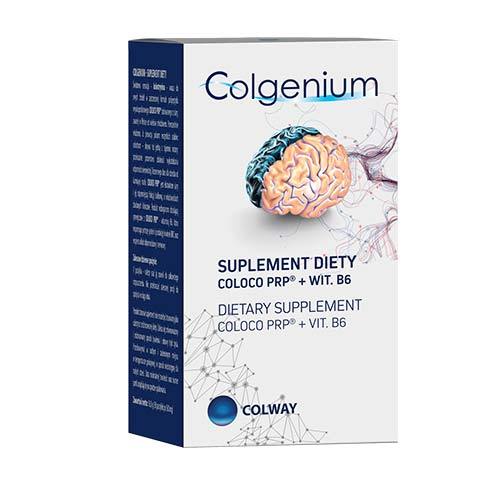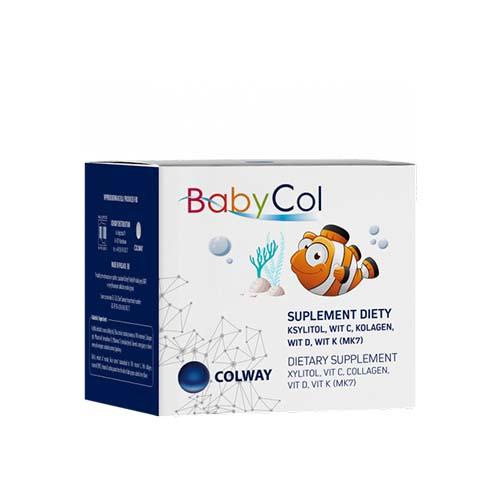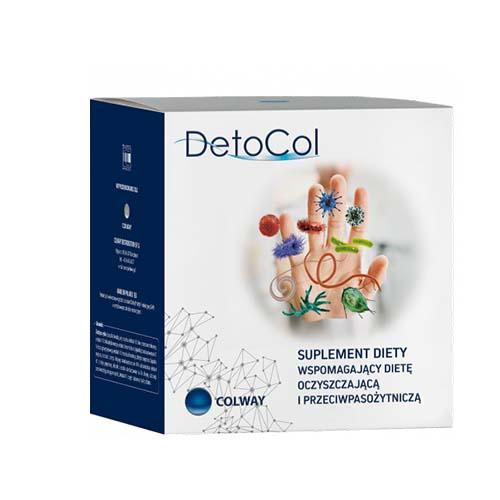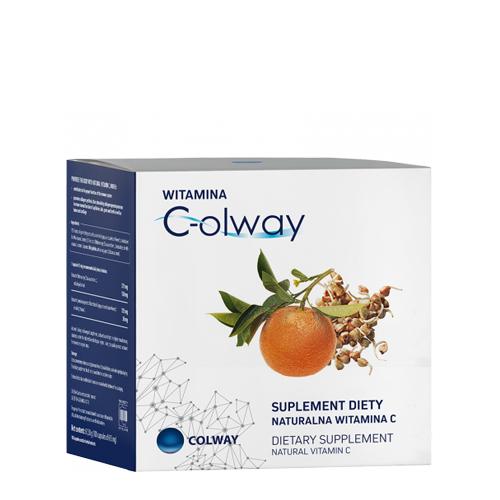When exploring the world of probiotics, it's essential to compare emerging products like Synbiocol with traditional probiotic-rich foods such as yogurt, kefir, sauerkraut, tempeh, kimchi, miso, kombucha, pickles, buttermilk, natto, and some types of cheese.
1. Yoghurt and Synbiocol:
Yoghurt is a staple probiotic source due to its lactic acid bacteria and bifidobacteria, known for improving gastrointestinal health and potentially reducing the risk of diabetes and certain cancers. Unlike many yoghurts, Synbiocol contains specific probiotic strains such as Lactobacillus fermentum and Saccharomyces cerevisiae, which are not typically found in yoghurt but offer unique health benefits, including enhanced immune support and gut health.
2. Kefir and Synbiocol:
Kefir, like Synbiocol, offers a broad spectrum of probiotics due to its fermentation process involving kefir grains. While kefir mainly includes lactic acid bacteria and yeasts, Synbiocol adds a unique blend, including various Bifidobacterium species, potentially offering more targeted health benefits such as better gut barrier function and immune modulation.
3. Sauerkraut and Synbiocol:
Sauerkraut is rich in lactic acid bacteria, fiber, and vitamins C and K but lacks the yeast component found in Synbiocol. The inclusion of yeast in Synbiocol might provide additional benefits, such as enhanced nutrient absorption and a broader probiotic effect.
4. Tempeh, Miso, and Natto vs. Synbiocol:
These fermented soy products are praised for their high protein content and specific health benefits, such as improving bone health and reducing heart disease risk. Synbiocol, however, offers a different set of probiotics, which may cater to those looking for specific gut health improvements and a non-soy-based probiotic option.
5. Kimchi and Synbiocol:
Kimchi, primarily made from fermented cabbage, provides lactic acid bacteria that benefit digestive health. Synbiocol’s diverse probiotic blend, including yeast, offers potentially broader digestive benefits and might appeal to those looking for non-spicy probiotic options.
6. Kombucha and Synbiocol:
While kombucha is a popular fermented tea known for its probiotic qualities, Synbiocol provides a non-tea-based alternative with similar benefits, including digestive health support and potentially enhanced immune function due to its unique probiotic strains.
7. Pickles and Synbiocol:
Pickles offer lactic acid bacteria, but those preserved with vinegar lack probiotics. Synbiocol ensures the presence of active probiotics and offers a variety of strains not found in pickles, making it a more reliable source for gastrointestinal health support.
8. Traditional Buttermilk and Synbiocol:
Traditional buttermilk, consumed in various regions, contains natural probiotics from the butter-making process. In contrast, Synbiocol’s scientifically selected probiotics may offer more controlled health benefits, particularly for those not accustomed to dairy-based probiotics.
9. Some Types of Cheese and Synbiocol:
While certain cheeses may contain probiotics, their levels and activity can vary greatly. Synbiocol, with its defined probiotic strains, might provide a more consistent benefit for gut health and beyond.
In Summary:
Synbiocol stands out due to its specific blend of probiotics, including strains not commonly found in traditional probiotic foods. This makes it particularly suitable for individuals with particular health targets or dietary preferences, offering a diverse and potentially more potent probiotic profile. It caters to those seeking non-dairy, non-soy, and specific strain-focused probiotic supplementation, which traditional foods may not consistently provide.




















































































































